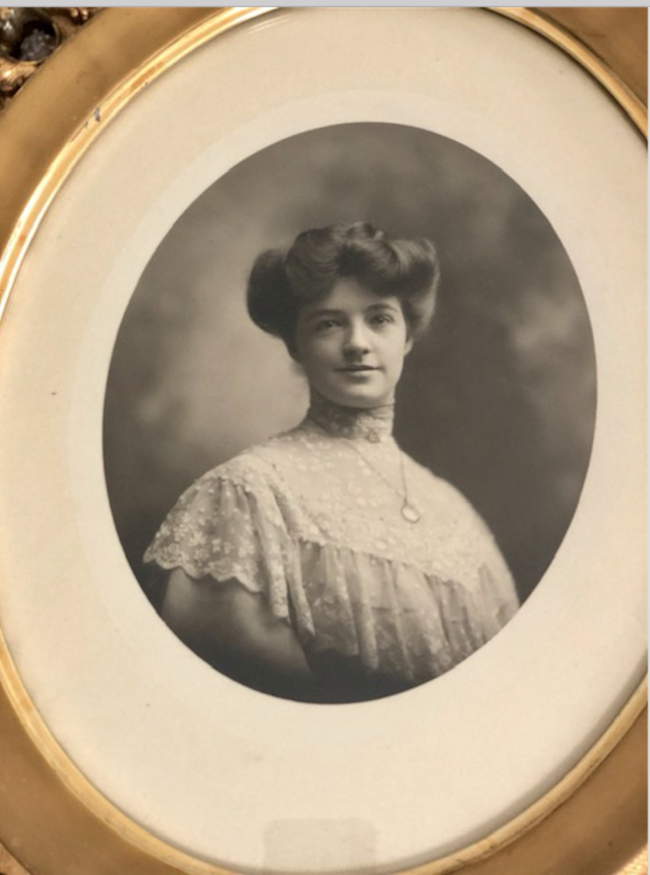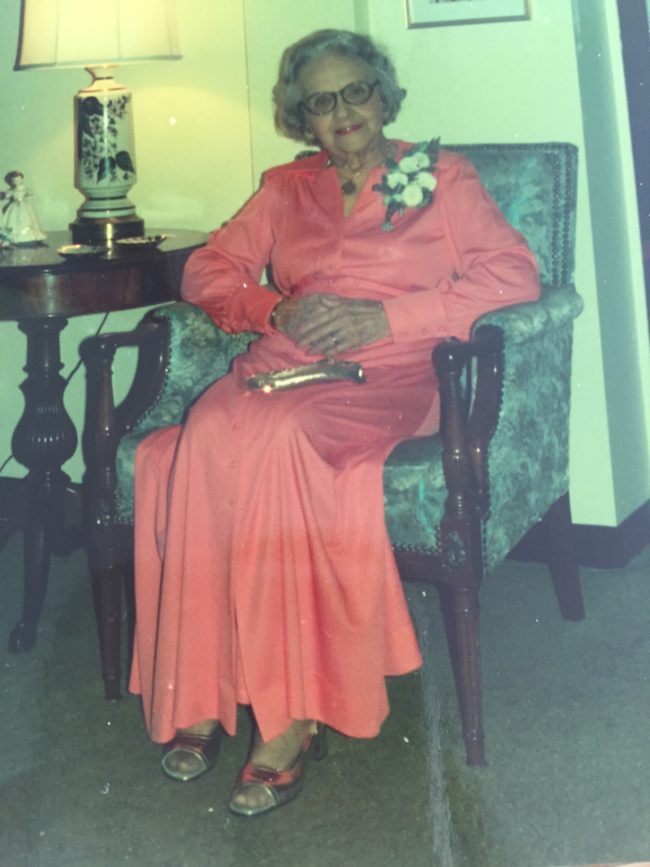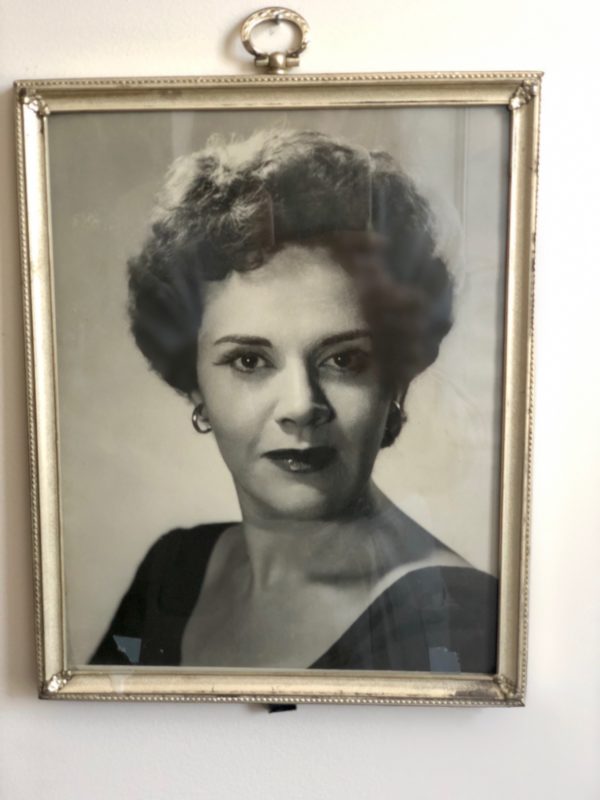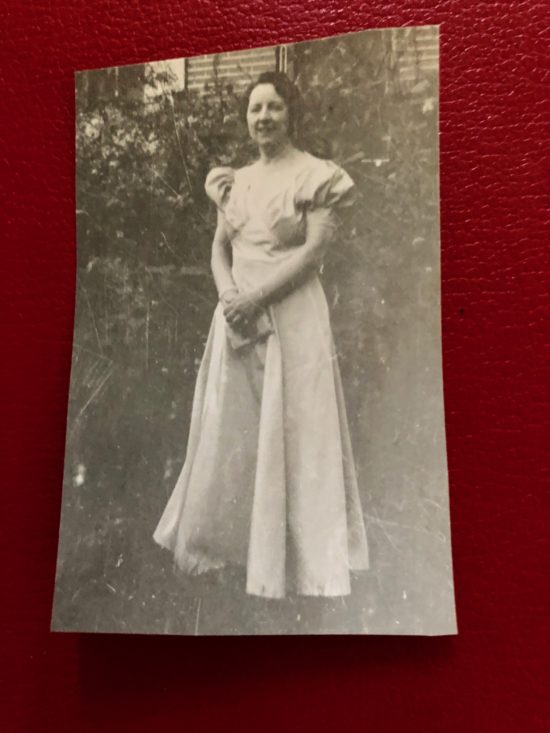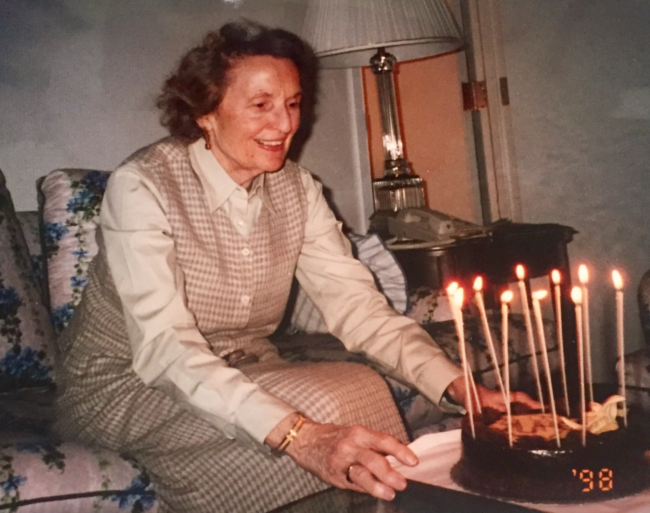In interviews to promote her new biography, Becoming, Michelle Obama lavishly praises the strong role models offered by her mother, grandmother and aunt. They seem perfect. When I reflect on the women in my family who came before me I have mixed feelings. My paternal grandmother had a shrill tongue; Aunt Anne was a heavy drinker; Aunt Kit could be demanding.
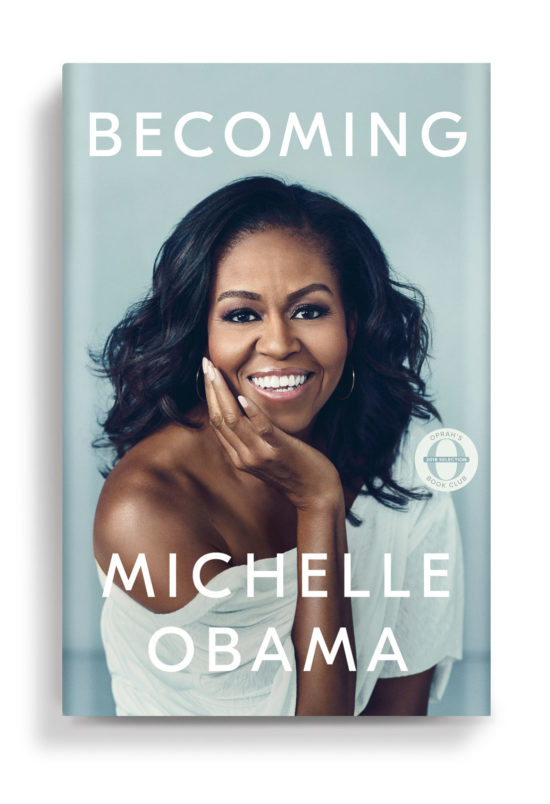 The more I thought about it the more I decided I shouldn’t be influenced by Obama’s experience to overlook what was positive in my relationships with my less than perfect female relatives. It’s a case of throwing out the baby with the bath water. Just because someone has her faults, doesn’t imply she is without redeeming qualities.
The more I thought about it the more I decided I shouldn’t be influenced by Obama’s experience to overlook what was positive in my relationships with my less than perfect female relatives. It’s a case of throwing out the baby with the bath water. Just because someone has her faults, doesn’t imply she is without redeeming qualities.
Grandma, my father’s mother was a piece of work. She was highly critical of my mother, slighting her with sarcasm.
When I look past this behavior I remember a family visit to Grandma and Grandpa’s home when I was twelve. Bored with the adult conversation I snuck upstairs to the den where I perused the bookshelf, captured by a collection of beautifully bound Agatha Christie books. I opened one up and was hooked. When I asked Grandma if I could take it home, she was delighted, describing how much she loved Agatha Christie. That launched a series of on-going talks where we shared favorite stories of Poirot, Christie’s famous eccentric detective. Grandma was instrumental in fostering my love of reading.
Nana, my maternal grandmother, was a polar opposite of Grandma. Nana was fun, a showy dresser who loved costume jewelry sets, and martinis.
I have fond memories of Saturday lunches with Nana in Pomeroy’s Department Store in downtown Harrisburg, Pa. After we finished our chicken salad sandwiches we’d make a beeline for the jewelry department where we’d try on necklaces, earrings, pins and bracelets to the annoyance of the salesgirl. Rarely did Nana make a purchase. I like to think Nana’s boldness and joie de vivre rubbed off on me.
Aunt Anne, my mother’s sister-in-law loved scotch, which she consumed in generous quantities most nights. Often she’d phone me when she was in her cups, talking freely about family skeletons. Sometimes I was shocked, but I was mostly amused, grateful for how this gossip enlarged my understanding of our family.
Aunt Anne was the lone Democrat in our Republican family. She freely took on my father’s more conservative views, modeling for me the importance of standing up for what you believe in.
Another fun-filled relative was Esther, my mother’s unmarried cousin who lived in Greenwich Village in a tiny apartment dwarfed by a baby grand piano.
On a visit to Esther’s when I was 17 she decided it was time for a trip to the Plaza for a cocktail even though I was underage. Dressed in a sophisticated sheath, heels, and wearing Esther’s bright red lipstick, I received a lot of male attention. Apparently Ether hadn’t anticipated her role as Pygmalion would be so successful. She escorted me out of the Plaza in short order, but gave me a taste of stretching boundaries for new experiences.
